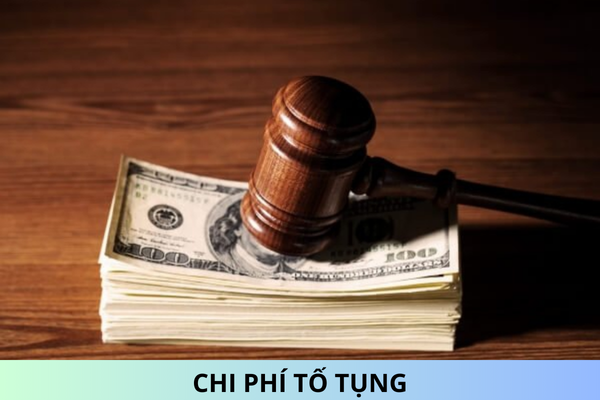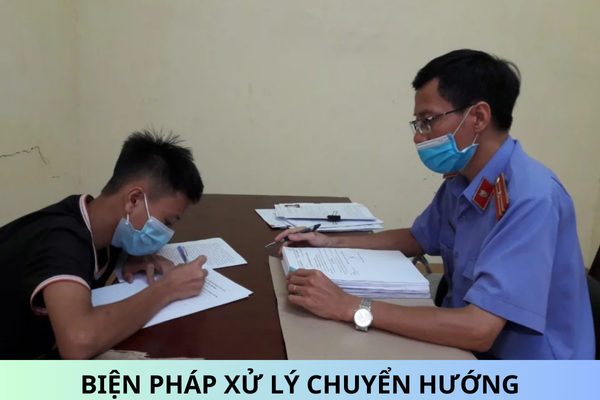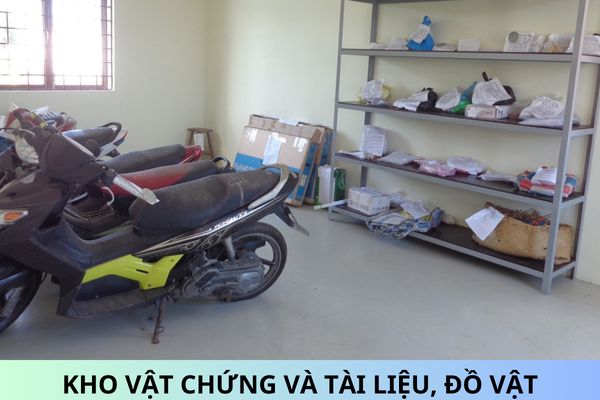Courtroom Rules in Criminal Trials
Internal Regulations of the Courtroom in 2018
How are the internal regulations of the courtroom in 2018 stipulated?
Greetings Editorial Board of Thu Ky Luat,My name is Kim Han, currently living and working in Ben Tre. I am presently working as a commune officer. I have heard about the new regulation on the organization of courts. Therefore, could the Editorial Board inform me about how the internal regulations of the courtroom are stipulated according to the 2018 regulation on the organization of courts? In which specific document is this issue stipulated?I look forward to the Editorial Board of Thu Ky Luat providing a response.Sincerely,Kim Han1. Courtroom Rules
Based on Article 3 of the Regulation on Organizing Court Sessions issued with Circular 02/2017/TT-TANDTC, the following rules are stipulated:
- The courtroom rules include the trial rules as prescribed in Article 256 of the Criminal Procedure Code, Article 234 of the Civil Procedure Code, Article 153 of the Administrative Procedure Law, and the following additional regulations:
+ The trial panel, prosecutors, court clerks, participants in the proceedings, and attendees must sit in the correct positions in the courtroom;
+ Judges, jurors, and court clerks must wear the prescribed attire during trials;
+ The court’s recording, filming, and videotaping with sound of the trial proceedings must be conducted in accordance with the procedural law.
- Those who violate the courtroom rules, depending on the case, may be ordered by the presiding judge to leave the courtroom or the trial area, be subject to administrative penalties, or be temporarily detained. If the violation is severe such that it warrants criminal prosecution, the trial panel has the right to initiate criminal proceedings.
In cases where judges, jurors, or court clerks do not wear the prescribed attire during trials, they will be dealt with according to the responsibility regulations for judiciary officeholders in the People's Court or be disciplined according to the law.
- Prior to the commencement of a court session, the court clerk must ensure order, check the presence of those summoned by the court, announce the courtroom rules, and perform other procedural duties as prescribed by the law.
2. Principles for Organizing Court Sessions
Article 2 of this Regulation stipulates the principles for organizing court sessions as follows:
- Court sessions must be conducted at the specified time, place, and with the participation of those conducting the proceedings and participants as determined in the trial decision. In case of adjournment, the new time and place for reopening the session must be clearly stated in the notification.
- Court sessions must be open to the public, except in cases where it is necessary to keep state secrets, traditional customs, protect individuals under 18 years of age, or maintain professional, business, personal, or family confidentiality upon legitimate requests from the concerned parties, in which case the court can conduct a closed session.
- The organization of court sessions must meet security, order, and the solemnity of the court; ensure that the trial is conducted equally, democratically, strictly, objectively, and in accordance with the law; contribute to the public's legal awareness, respect for societal norms, and elevate the consciousness in crime prevention and maintaining compliance with the law.
- The court is responsible for preparing the necessary conditions for organizing the court session; all individuals, agencies, and organizations must comply with the law and facilitate the court in organizing the session as prescribed by law.
- For court sessions adjudicating cases under the jurisdiction of the Family and Juvenile Court, the organization must ensure friendliness, appropriateness, and the best interests of individuals under 18 years old.
Sincerely!










